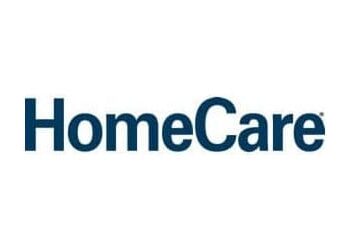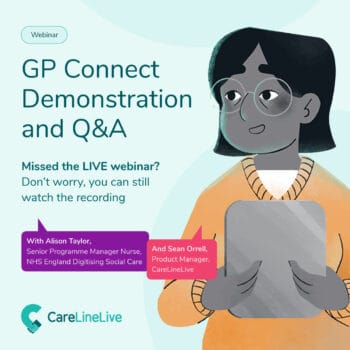The new assessment approach is progressing, with the Care Quality Commission (CQC) actively seeking input from local authorities. It is evident that this is a continuous process, and the CQC is emphasising the importance of all providers across the sector staying informed and up-to-date with the latest guidance.
Assessment framework for local authorities
The new framework evaluates local authorities’ performance under Part 1 of the Care Act 2014. Developed in collaboration with partners, agencies, and individuals with firsthand experience in care and support services, the framework aims to ensure comprehensive and effective assessments.
Key Questions
Formally the Key Lines of Enquiry, the new Key Questions will remain the same:
- Safe
- Caring
- Responsive
- Effective
- Well-led
Quality statements
The Quality Statements represent the essential commitments that providers, commissioners, and system leaders are expected to uphold. These statements, articulated as ‘we statements’, outline the necessary actions to ensure the provision of high quality, person-centred care. The use of ‘I statements’ is in line with the expectations of individuals. This approach is rooted in the Think Local Act Personal, ‘Making It Real’ framework.
These quality statements are intricately linked to regulations and sections of The Care Act, illustrating the collaborative efforts required between services and providers to effectively strategise and provide high-quality care. In addition, there are evidence categories for each quality statement.
Evidence
There are differences in the evidence categories examined by CQC within sector groups. This tailors the assessment framework by choosing distinct evidence categories across sectors. The number of evidence categories that CQC needs to consider and the sources from which they gather depend on:
- The type or model of service
- The level of assessment (service, provider, local authority, or integrated care system)
- Whether the assessment concerns an existing service or registration.
Information request
- CQC will initially send local authorities an information return request. It will contain details about the required items and the deadlines for submission
- CQC will request additional information when required
Evidence categories
- People’s experience of health and care services
- Feedback from staff and leaders
- Feedback from partners
- Observation
- Processes
- Outcomes
CQC has organised key evidence types by sector groups to prioritise evidence collection during assessments. These categories cover all key evidence for a specific quality statement in two scenarios:
- Initial assessments under the new approach
- Subsequent to new registrations.
If needed, CQC will explore additional categories based on the available evidence.
In various situations, CQC focuses on every key evidence category:
- Conducting the initial assessment of a service using the new approach
- When new services register with CQC for the first time.
For future assessments of these services, they may concentrate on specific categories to review evidence.
Self-assessment
Local authorities are not obligated to create a self-assessment for the Care Quality Commission (CQC) review. Nevertheless, self-assessment and self-evaluation serves as a crucial piece of evidence in the ‘Feedback from staff and leaders’ evidence category. It contributes to the comprehensive evidence that the CQC collects and analyses to evaluate each of the nine quality statements.
Ratings
Where appropriate, CQC will continue to describe the quality of care using the four ratings:
- Outstanding
- Good
- Requires improvement
- Inadequate.
Ratings are determined by aggregating scores from individual quality statements to derive an overall rating. For more detailed information go directly to the CQC website.
Key to transition – How CareLineLive can support local authorities
Ensuring that you stay informed, engage with CQC, and prioritise stakeholder education are essential steps as you transition to the new framework. By utilising technology like CareLineLive, tailored for the home care sector and local authority brokerage, stakeholders will find a variety of features that can assist in providing evidence for CQC’s latest assessment framework.
For more details of what CareLineLive has to offer go to CareLineLive.com




